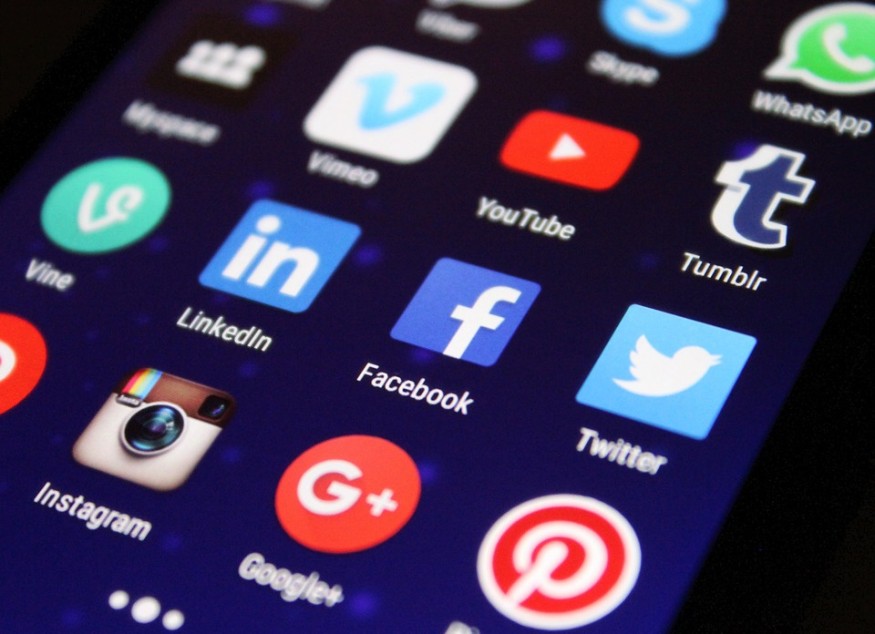
A new research shows that binging on social media can have a detrimental effect on the mental health of teenagers.
The investigation was done by University College London's Great Ormond St. Foundation of Child Health and was recently uploaded in The Lancet Child and Adolescent Health.
What did the study do?
Researchers met a group of 12,000 young people at schools across England for over three years (between the ages of 13 and 16) and observed their results.
At the age of 13, the participants were polled how regularly they checked social media websites or applications such as Facebook, Twitter, and Instagram.
At the age of 14, the participants were asked about their emotional well-being, rest, physical movement, and digital harassment (or cyber-bullying).
At the age of 15 and 16, the participants were asked some information about their degrees of happiness, anxiety, and life fulfilment.
Most (51%) of the young ladies and 43% of the young men utilized an internet-based life, checking social media on multiple occasions each day. It rose to 69% of young men and 75% of young ladies when they reach ages 15 and 16.
What did the research discover?
The researchers found that the participants who checked social media applications or websites multiple times each day had more unfortunate emotional health and more remarkable mental distress.
These teenage girls were more bound to state they were not so much cheerful but rather more anxious in consequent years. However, the young men were not.
The analysts likewise stated there was proof of a strong connection between online networking use and psychological health.
The negative impacts among teenage girls were attributed to disrupted sleep, digital harassment, and the absence of physical activity. These variables had a smaller effect on adolescent boys.
Should parents be worried?
Rusell Viner, the lead author of the study and serves as a professor in adolescent health at UCL Great Ormond Street Institute of Child Health, said the parents get tangled up about how frequent their children are in social media websites every day. In a BBC news report, Viner said that the parents should worry about how much rest and physical activity they're getting since their social media presence is uprooting different things.
Online networking sites could positively affect young people and "assumed a focal job in our kids' lives," he added.
Dr. Dasha Nicholls, a child psychiatrist from Imperial College London who is the co-author of the study, underscored it is not the amount of social media usage but the displacement of real life contact that made it problematic.
Should parents be worried about cyberbullying?
Dr. Nicholls underscored that parents should watch out for their children's social media use and ensure they were not getting to toxic materials, especially during the evening. She told the publication that even a person's personal space is not a safe spot for cyberbullying and that the lesser you will be harrassed if you set your time limit on social media usage.
Thus, the researchers prescribed that mobile phones ought to be prohibited from rooms after 10 p.m., and physical activities ought to be empowered among young people.
© 2025 NatureWorldNews.com All rights reserved. Do not reproduce without permission.





